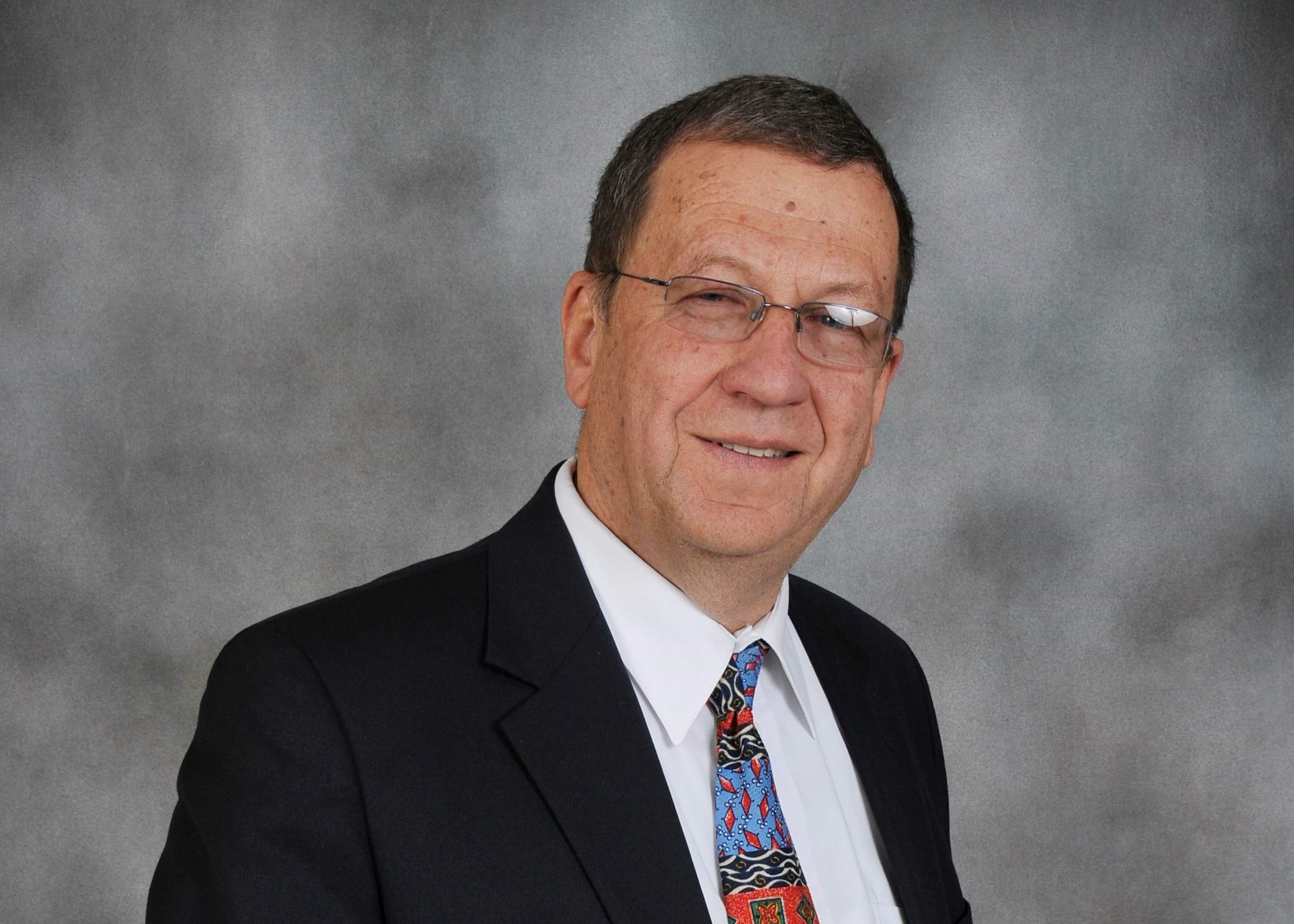
OpEds

Third wave has gone, but the virus hasn’t
President Cyril Ramaphosa announced last Thursday, 30 September, that the country would be moving down to adjusted level 1 lockdown. A number of restrictions have now been relaxed including curfew hours, controls of the sale of alcohol and, most controversially, the permitted number of people at gatherings has been increased.
Indoor venues are now allowed to hold up to 750 persons and outdoor venues up to 2 000 persons, a significant increase in permitted numbers for gatherings compared to the 250 for indoor and 500 for outdoor in the erstwhile alert level 2.
Undoubtedly the size of gatherings does pose a substantial potential risk of an outbreak of COVID-19. Generally, the risk of virus transmission at outdoor gatherings is much lower compared to indoor events.
Nevertheless, one is eerily reminded of the catastrophic second wave of COVID-19 in India in April – one of the most severe outbreaks in the history of the pandemic. This took place soon after widespread huge political rallies in that country. It was this outbreak which heralded the global spread of the Delta variant, the most contagious of all the SARS-CoV-2 variants.
South Africa has recently emerged from the third wave, the most intense and longest lasting of the epidemic waves in the country. In Gauteng, the peak of the wave registered about 76 cases per 100 000 population, as against the 35 cases per 100 000 population at the peak of the second wave. Nationally, the third wave lasted more than 130 days compared to 75 days for each of the preceding two waves.
The current low viral activity of this inter-wave period has buoyed many people. It’s within this milieu that the president, in consultation with various bodies, decided to bring the country to a lower level of restriction – alert level 1. As always, these decisions are driven by the balance between infection-prevention restrictions in the interest of public-health and the damage these measures take on people’s livelihoods and mental health as well as on the economy of the country.
After 18 months of quite onerous and irksome restrictions, burdensome encumbrances, and limitations on people’s freedom of movement, the urge to go back to our pre-COVID-19 life is stronger than ever. Clearly, current parameters of viral activity are all looking good. The seven-day moving average of daily cases is at a low level of two per 100 000 population. The test positivity rate of 5% is also at one of the lowest of levels.
The vaccination drive has, in recent times, faltered somewhat, but nevertheless, about a third of the adult population have been partially or fully vaccinated. The recently announced Vooma initiative of intensified weekend vaccination may well re-energise the programme and bring it back up to its originally promised level.
In addition, immunity following natural infection, as revealed by seroprevalence studies (studies to determine the prevalence of antibodies in the population), indicate that a significant proportion of the population may well already have protective antibodies, either from infection or from vaccination.
So, is the COVID-19 threat now finally over, and can we party again?
In a previous issue of the SA Jewish Report (2 September 2021), I described how, with current vaccines, we can get to a containment phase of the pandemic, which would still require so-called non-pharmaceutical interventions (masks, physical distancing, and avoiding gatherings) to supplement the contribution of vaccines in curbing the epidemic.
Nowhere is the folly of totally relying on vaccine coverage to stop circulation of coronavirus more graphically illustrated than the sequence of events in Israel. A world leader in achieving one of the highest levels of vaccine coverage, the country prematurely relaxed virtually all of its COVID-19 restrictions in June.
What followed in August was a dramatic upsurge of cases, nearly overtaking the number of cases experienced in the country’s pre-vaccine era. Similar scenarios following the premature removal of COVID-19 restrictions played out in several northern hemisphere countries, followed by similar upsurges of cases and infections.
Undoubtedly coronavirus vaccines have played an enormously important public-health role. Data from the United States have shown how fully vaccinated individuals have a tenfold lower risk of hospitalisation and death from COVID-19.
In South Africa, recent data from the Western Cape has similarly shown that only 4% of COVID-19 hospital admissions and only 1.7% of COVID-19 deaths occurred in vaccinated individuals. Transmission studies, including household transmission studies, have also demonstrated how vaccinated individuals pose a far lower risk of spreading the virus.
However, where there are conditions of more intense virus transmission as would occur in super-spreading events such as uncontrolled gatherings, parties, and functions, vaccinated and unvaccinated individuals remain almost equally susceptible to infection.
This has been observed in several well-studied outbreaks. For example, public gatherings in the county of Barnstable in Massachusetts in July left 469 individuals ill with COVID-19, in spite of 69% vaccine coverage.
In fact, 74% of those infected were fully vaccinated, as were four of the five who were hospitalised. The Delta variant of the virus was the culprit responsible.
More in-depth studies have recently shown that vaccinated individuals who do get infected with the Delta variant harbour the same mass of virus in their throat and are as infectious as unvaccinated individuals.
Also lurking in the shadows is the spectre of further nefarious variants, which could spring into being and again trigger pandemics. They would arise by selective pressure from reservoirs of the virus in unvaccinated individuals or immunocompromised individuals who are chronically infected with the virus as a result their defective immune systems being unable to clear the virus in spite of vaccination.
Virologists, vaccinologists, and public-health specialists have achieved spectacular success in the campaign against the COVID-19 pandemic. But the journey isn’t over yet. Non-pharmaceutical interventions are still mandated to augment the role of vaccines.
Was it entirely necessary to schedule local elections for November or could they have been postponed until we were further down the road controlling this virus? My personal opinion, perhaps borne out of ignorance of other considerations, is pretty clear.
- Barry Schoub is professor emeritus of virology at the University of the Witwatersrand, and was the founding director of the National Institute for Communicable Diseases. He chairs the Ministerial Advisory Committee on COVID-19 Vaccines. This article is written in his private capacity. He reports no conflicts of interest.










